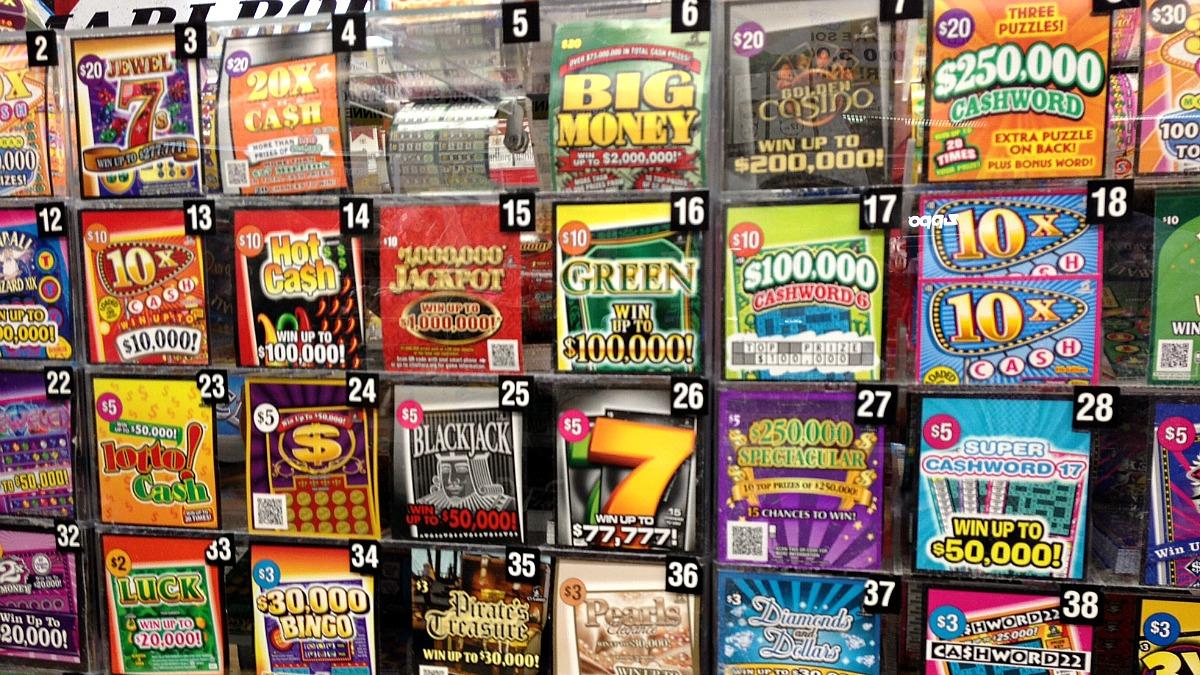
Unlocking the Mysteries of the Lottery: More Than Just a Game of Chance
In the realm of games of chance, few hold as much allure and mystique as the lottery. It’s a phenomenon that transcends borders, cultures, and socioeconomic backgrounds. The promise of sudden wealth with just the purchase of a ticket is an intoxicating notion that captivates millions around the world messipoker. But beyond the surface appeal lies a fascinating tapestry of psychology, economics, and social dynamics that shape the lottery’s place in society.
The Allure of the Jackpot
At its core, the lottery is a game of probability. Participants select a set of numbers, and if those numbers match the ones drawn at random, they win a prize. While the odds of winning the jackpot are famously slim, the potential payout is so enormous that it fuels dreams of financial freedom and a life of luxury. This allure of the jackpot drives people to buy tickets in droves, despite knowing the improbability of success.
A Beacon of Hope
For many, particularly those facing financial hardship, the lottery represents a beacon of hope. It’s a chance to escape debt, poverty, or simply the monotony of everyday life. The mere act of purchasing a ticket can provide a brief respite from reality, allowing individuals to indulge in fantasies of what they would do with their newfound wealth.
The Psychology of Lottery Participation
Psychologists have long been intrigued by the motivations behind lottery participation. Studies have shown that factors such as optimism bias, where individuals believe they are more likely to win than statistical probability suggests, play a significant role. Additionally, the “availability heuristic” leads people to overestimate the likelihood of rare events, such as winning the lottery, based on how easily they can recall examples of such events.
The Economic Impact
Beyond its psychological effects, the lottery has substantial economic implications. Revenue generated from ticket sales often goes towards funding public projects such as education, infrastructure, and healthcare. In this way, the lottery serves as a form of voluntary taxation, albeit one that disproportionately affects lower-income individuals who spend a larger portion of their earnings on tickets.
The Dark Side of the Dream
However, the lottery is not without its critics. Some argue that it preys on the vulnerable, enticing them with false promises of wealth while perpetuating a cycle of poverty. Studies have shown that lottery participation is highest among those with lower incomes, who can least afford to spend money on tickets. Additionally, stories of lottery winners squandering their fortunes or falling victim to scams serve as cautionary tales against the pitfalls of sudden wealth.